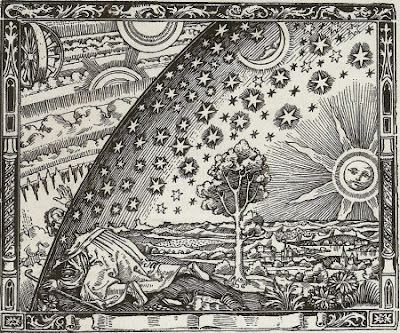It is nearly the end of 2013, and everything that we can do
this year can only be done in the next six hours.
But while it is December 31 2013 in the Gregorian calendar, it
is also 28th of Tevet, 5774 in the Hebrew calendar and so from another perspective,
there’s still lots of time to do something meaningful.
Viktor E. Frankl is a man with no time left on this planet
in any calendar. He will never feel the sun on his face again. Or swim in the ocean or learn something new
or listen to music or be with the people he truly loves.
He died 16 years ago, but I'm grateful he lived and worked because he helps me make sense of my world in a profound way. In my favourite passage in his book Man's Search for Meaning, he writes about another ending he witnessed in the Holocaust:
“This young woman knew that she would die in
the next few days. But when I talked to her she was cheerful in spite of this
knowledge.
"I am grateful
that fate has hit me so hard," she told me. "In my former life I was
spoiled and did not take spiritual accomplishments seriously."
Pointing through the
window of the hut, she said, "This tree here is the only friend I have in
my loneliness." Through that window she could see just one branch of a
chestnut tree, and on the branch were two blossoms. "I often talk to this
tree," she said to me.
I was startled and
didn't quite know how to take her words. Was she delirious? Did she have
occasional hallucinations?
Anxiously I asked her
if the tree replied.
"Yes."
What did it say to
her?
She answered, "It
said to me, 'I am here-I am here-I am life, eternal life”
She might have died unnoticed
And unknown,
But there was someone was there
Who listened
And wrote about what he heard
And was part of the ripple that began with her experience of life, that reaches me today
We live in the illusion of limits, but it’s only when we see
the limits
that we can glimpse at the power behind the illusion.
that we can glimpse at the power behind the illusion.


